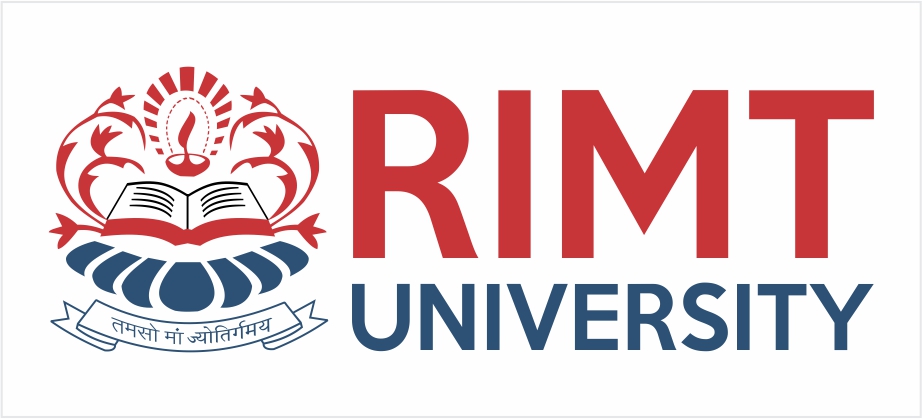About Programme
Diploma in Film Editing provides students with a comprehensive understanding of the art and technical skills required to craft compelling narratives through the manipulation of film and video footage. This program delves into the core principles of editing, covering topics such as storytelling, pacing, rhythm, continuity, and the use of visual and audio effects. Students will learn to use industry-standard editing software, explore different editing techniques, and develop a keen eye for detail and visual storytelling. A Diploma in Film Editing equips aspiring editors with the skills and knowledge to shape raw footage into polished and engaging films, television shows, commercials, and other video content.
Eligibility & Admission
Pass in 10+2 in any stream with 50% marks.
| PROGRAM FEE | AMOUNT |
|---|---|
| Application Fee (One Time) | 1,000/-INR |
| Registration Fee (One Time) | 10,000/-INR |
| Security (One Time – Refundable) | 8,000/-INR |
| Semester Fee | 60,000/-INR |
Scholarship
| Marks in 10+2 | Scholarship Per Semester | Applicable Fee After Scholarship Per Semester |
| 60% – 75% | 10% | 54000/-INR |
| More than 75% to 90% | 20% | 48000/-INR |
| More than 90% – 100% | 30% | 42000/-INR |
| Disability Level | Scholarship Per Semester | Applicable Fee After Scholarship Per Semester |
| 90% & Above 90% | 30% | 42000/-INR |
| 75% & Below 90% | 20% | 48000/-INR |
| 50% & Below 75% | 10% | 54000/-INR |
| Category | Scholarship Per Semester | Applicable Fee After Scholarship Per Semester |
| Wards of Param Veer Chakra | 30% | 42000/-INR |
| Winners of Maha Veer Chakra | 20% | 48000/-INR |
| Winners of Veer Chakra | 10% | 54000/-INR |
| Work Tenure | Scholarship Per Semester | Applicable Fee After Scholarship Per Semester |
| More than 5 years continuous service | 30% | 42000/-INR |
| 1 Year – 5 Years continuous Service | 20% | 48000/-INR |
| Category | Scholarship Per Semester | Applicable Fee After Scholarship Per Semester |
| Single girl child | 20% | 48000/-INR |
| Category | Scholarship Per Semester | Applicable Fee After Scholarship Per Semester |
| Parentless | 30% | 42000/-INR |
| Either fatherless or motherless provided the annual family income is less than 2.5 lakh | 20% | 48000/-INR |
Career Prospects
Diploma in Film Editing can open doors to a variety of exciting and creative career opportunities in the film, television, and media industries. Here are some potential job paths for students:
- Film Editor: This is the most common career path. Film editors are responsible for assembling raw footage into a cohesive and compelling narrative, working closely with the director to bring their vision to life. They work on feature films, documentaries, short films, and other cinematic projects.
- Television Editor: Television editors work on various types of television programs, including dramas, comedies, news broadcasts, reality shows, and documentaries. They often work under tight deadlines and must be skilled in fast-paced editing.
- Assistant Editor: Assistant editors support the lead editor, performing tasks such as organizing footage, preparing timelines, and managing media. This is often a stepping stone to becoming a lead editor.
- Motion Graphics Designer: While not strictly editing, many film editing programs include training in motion graphics, which can lead to careers creating animated titles, visual effects, and other graphic elements for film and television.
- Colorist/Color Grader: Some editing programs touch on color correction and grading, which can lead to specialized roles in color grading, ensuring visual consistency and creating a specific mood.
